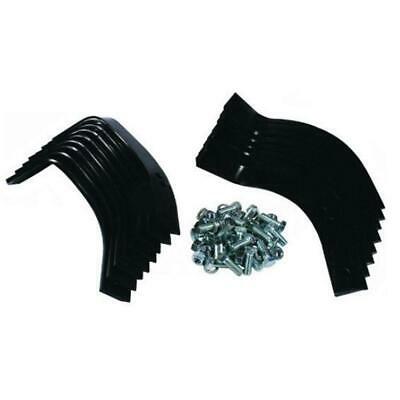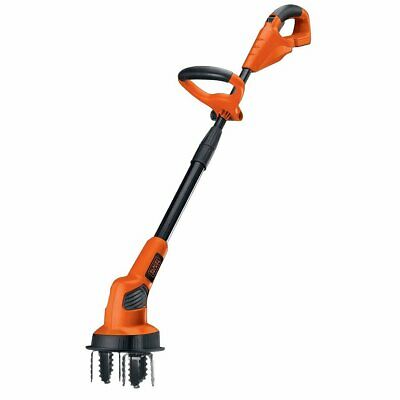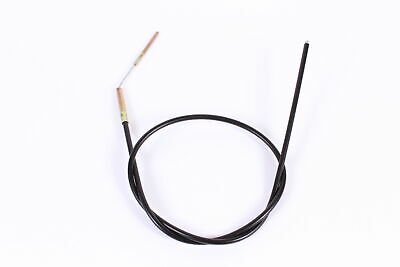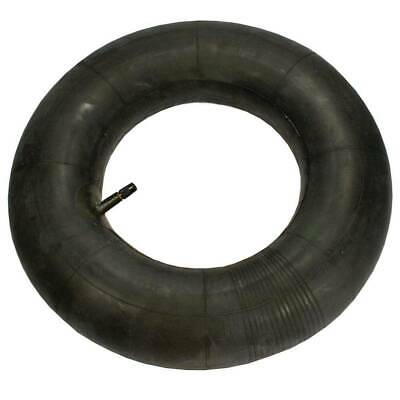-40%
Kohler Engine early 10-hp Wheel Horse decals black and silver Set 3
$ 8.92
- Description
- Size Guide
Description
Application;Kohler 10 H.P. Troy-Bilt decal set for Vintage Restoration
Brand;
Kohler
Model;
10 H.P. Troy-Bilt
Size;
Kohler 1 7/8" x 2, HP 1 1/4", Air Filter 3 1/8"
Color;
Black on Brushed Aluminum; decal set of 2
Vintage;
K Series engine
BIN;
Shipping and handling
USA expedited shipping = .00
(free on eBay currently)
Priority Mail = .00
First Class International Mail = .00
Small decals are shipped in a 6 x 9 envelope.
Larger decals and most travel trailer decals are packed in a cardboard
flat or 4 inch square boxes.
Custom orders
The art department is able to design customer orders. Please contact me
so we can discuss your needs.
Why vinyl?
We use high quality aviation grade vinyl and Mylar. The decals are super
thin and super tough. No decal is fuel proof, but ours will take more
abuse than most.
I have been asked why vinyl and Mylar? Our answer is, use the best
material available at the lowest cost. Our decals are American made for
your restoration projects.
Large quantities must be ordered when using water slide decals. The water
slide decals have a shorter shelf life. Ever tried to use an old water
slide, only to have it crumble as you go to slide it off?! Our vinyl
decals, produced here in Oregon, are manufactured in small quantities and
are always fresh.
Digital Reproduction
When processing our decals, we separate all the colors and redraw the
images individually giving them very clean lines; sometimes almost too
clean. Things like registry errors in original decals need to be built
back in to give them an authentic look on the finished restoration. With
3700 possible color combinations, we strive to reproduce our decals
flawlessly.
How to apply
It is best to apply a decal to a clean, newly painted surface. Allow the
paint to dry and cure properly. When ready to apply the decals, have
the following equipment close by:
1. a squeegee,
2. wide masking tape, 3.
small level,
4. ruler,
5. a sharp straight pin or needle,
6. application spray, make your own from a spray bottle of water and a few drops Dawn dish detergent.
Cleaning Procedures
The recommended procedures in decontaminating and preparing the surface
prior to any vinyl product installation are as follows;
All surfaces are contaminated, to some degree. To ensure good adhesion to
any engine or painted surface, it is critical to follow these steps;
1. Wash and rinse the area with liquid dish detergent and warm water. DO
NOT use Windex or other ammonia-based cleaners; the ammonia interferes
with the adhesive. Then dry the surface with a clean, lint-free towel or
cloth.
2. Finish up the cleaning process by wiping down the entire area with
Isopropyl Alcohol (rubbing alcohol). To avoid re contamination during the
final cleaning step, wipe the surface in just one direction, using a
clean, lint-free towel or cloth. You are now ready to apply the vinyl.
Temperature Recommendations
Surface temperatures should be between 50 and 90 degrees Fahrenheit before
attempting the installation. As a general rule, if the surface is hot to
the touch it's over 90 degrees Fahrenheit. Adhesive becomes brittle when
it gets too cold and gummy when it gets too hot. Applications outside the
recommended range of 50 to 90 degrees Fahrenheit reduce the adhesives
ability to perform.
Application Procedures
You can choose to apply vinyl in one of two ways; dry or wet. Applying
vinyl decals dry does not allow for any mistakes. Once the vinyl touches
the surface, there is no removal without damage.
However, applying vinyl decals with application spray allows you the
opportunity to remove and reposition vinyl, as needed, for several
minutes. For obvious reasons, this method is recommended for both
beginners and experts. Spray the surface thoroughly. Lay the vinyl on a
flat surface and spray the adhesive side as you remove the backing. An
extra set of hands is a good idea. Then simply apply the vinyl to the
surface.
Masking tape helps you apply the decal, keeping fingers from touching the
adhesive side. Before removing backing, lay a strip of masking tape over
the printed side of the decal at the top, bottom or center of decal,
leaving two inches past the decal on each end. Use the two exposed ends
of tape to maneuver the decal into the correct position before applying
pressure to start the permanent decal installation. Once the decal is in
place, gently remove the tape.
Do not excessively stretch vinyl during the application. This is the main
cause of end lift or corners lifting. Pull the vinyl only as taut as necessary to keep a straight line.
Because vinyl is a pressure-sensitive product, a squeegee should be used
for all installations. The purpose of using a squeegee is to remove the
excess fluid and/or air from behind the vinyl. You should always start
the squeegee from the middle in a straight up or down motion. Allow the
vinyl to set for 5 to 15 minutes.
When removing the masking tape, always pull it slowly, back onto itself,
at a 180-degree angle. If the masking tape does not release easily, use a
hair dryer and lightly pass over the tape with hot air. This helps
release the transfer tape glue. Bubbles should be punctured using a pin.
Do not slit the vinyl to release the air. If the vinyl is slit it will spread or gap.








